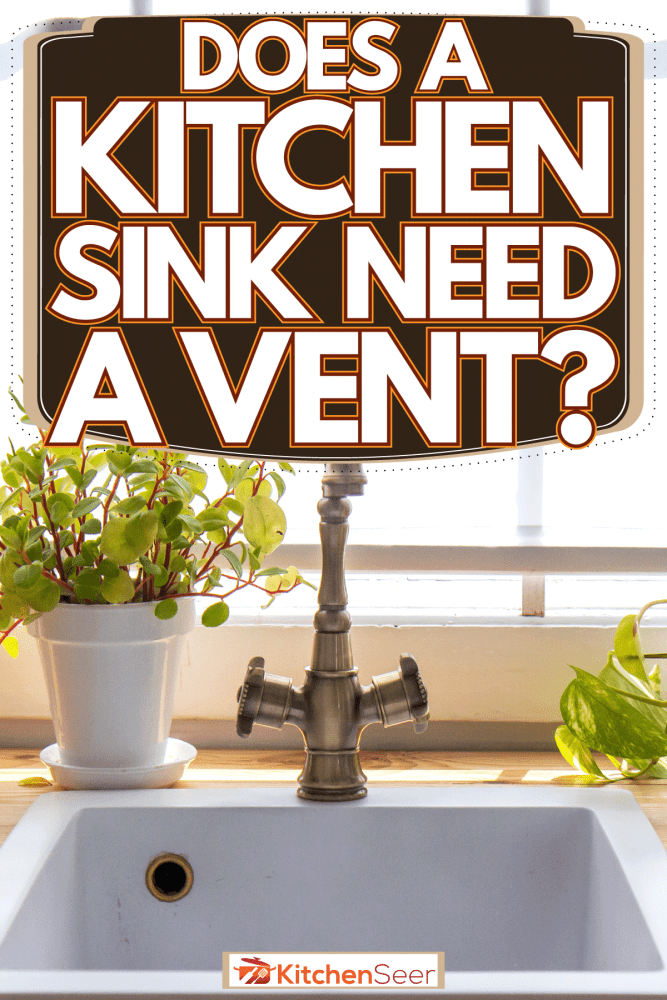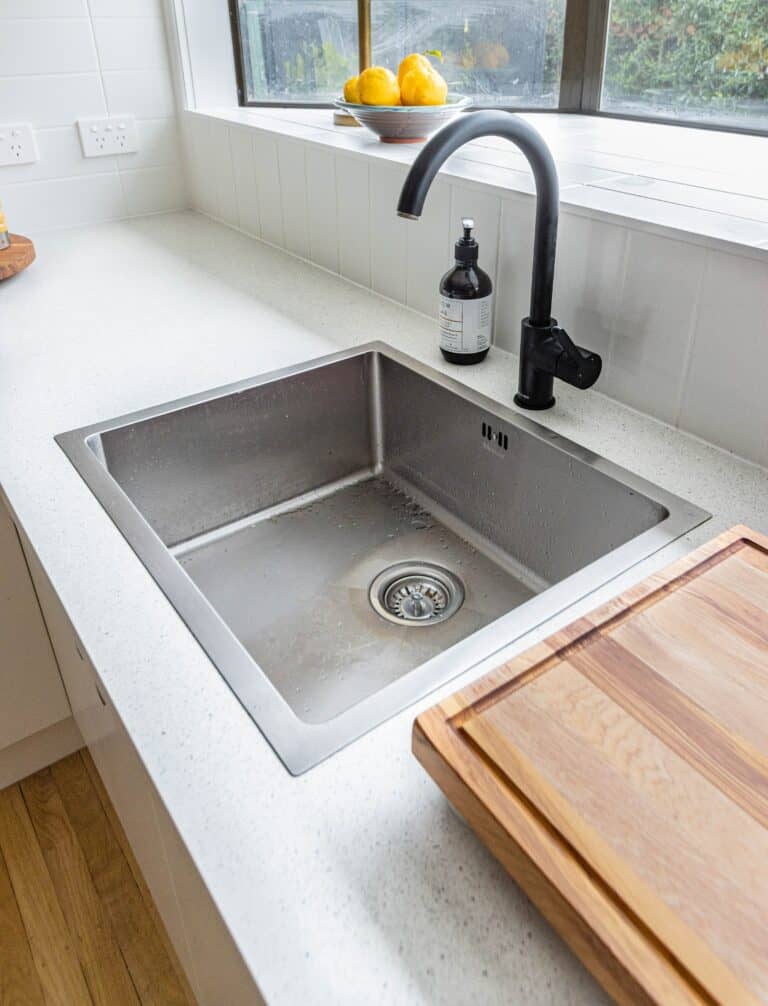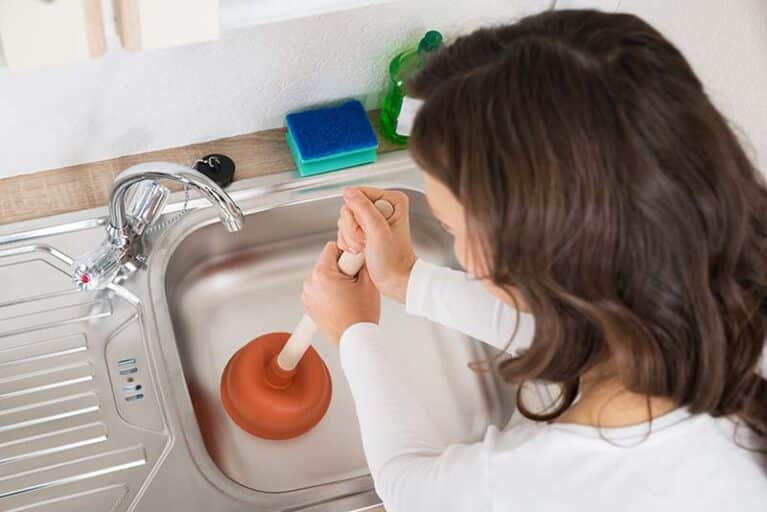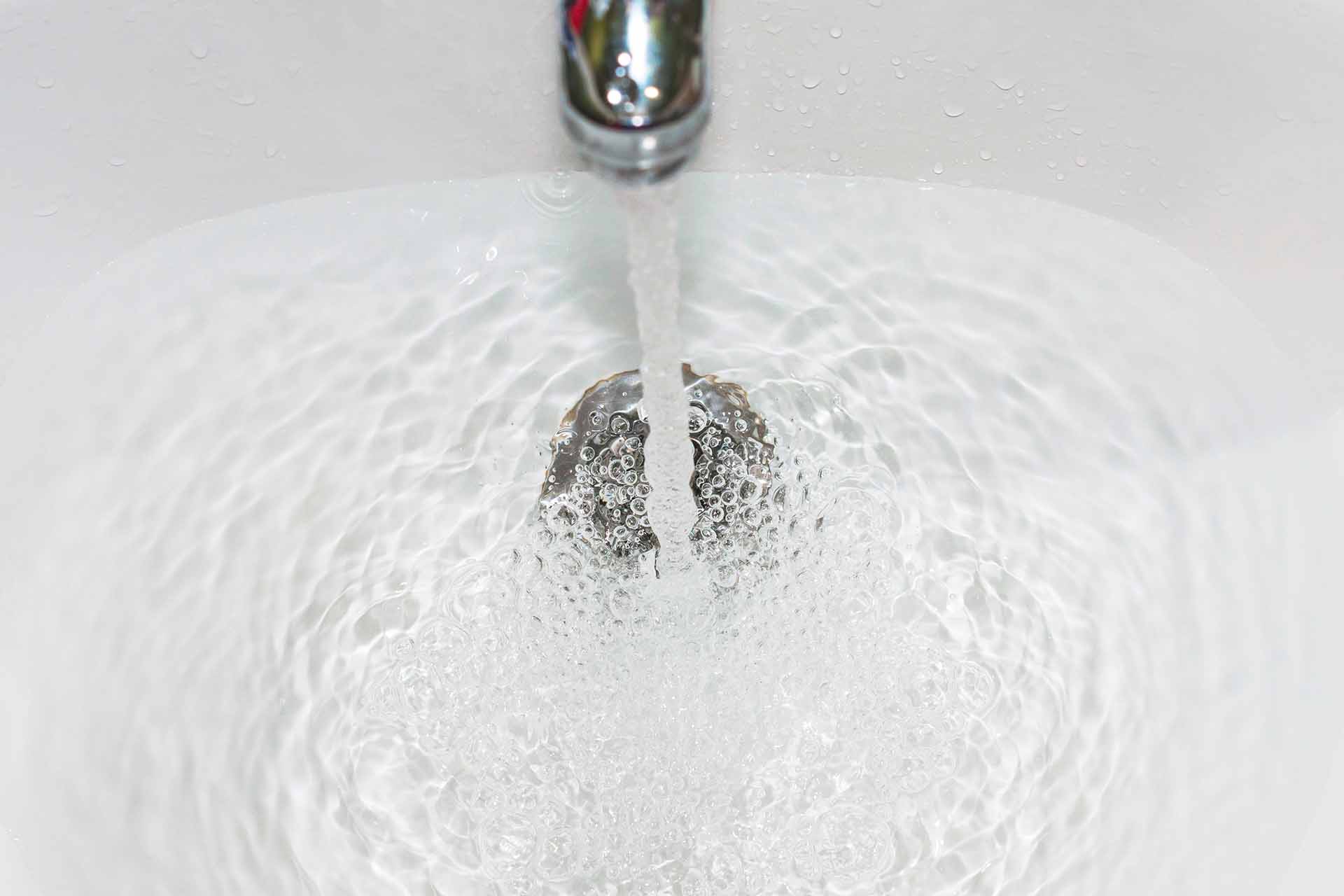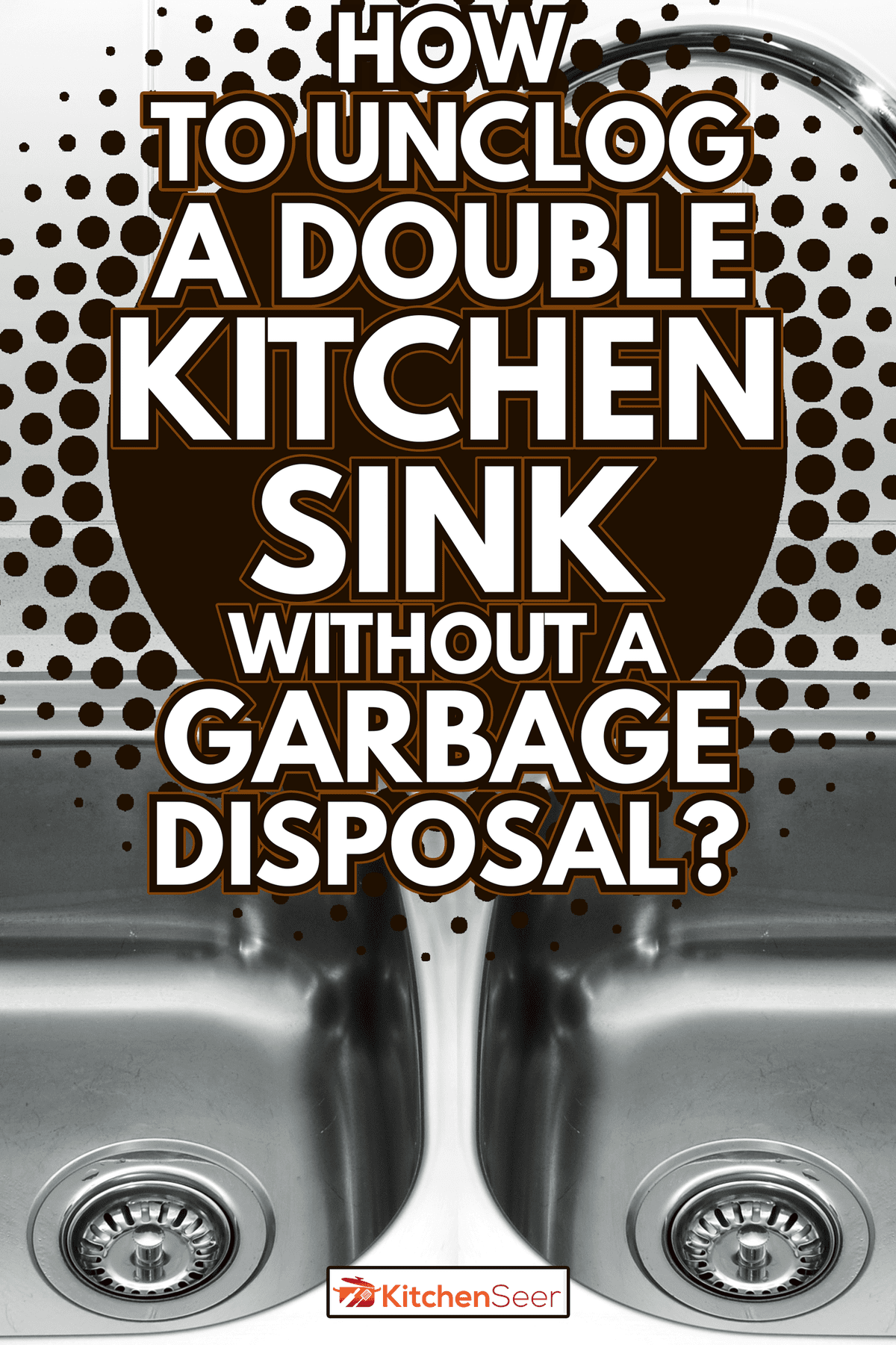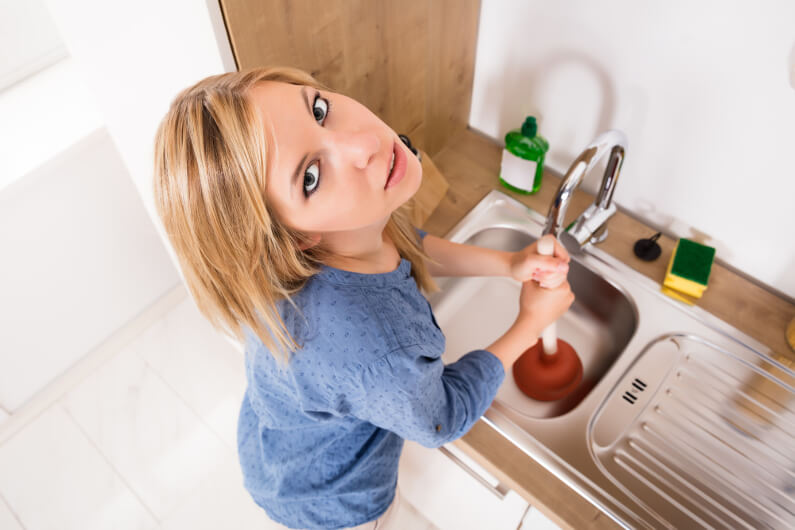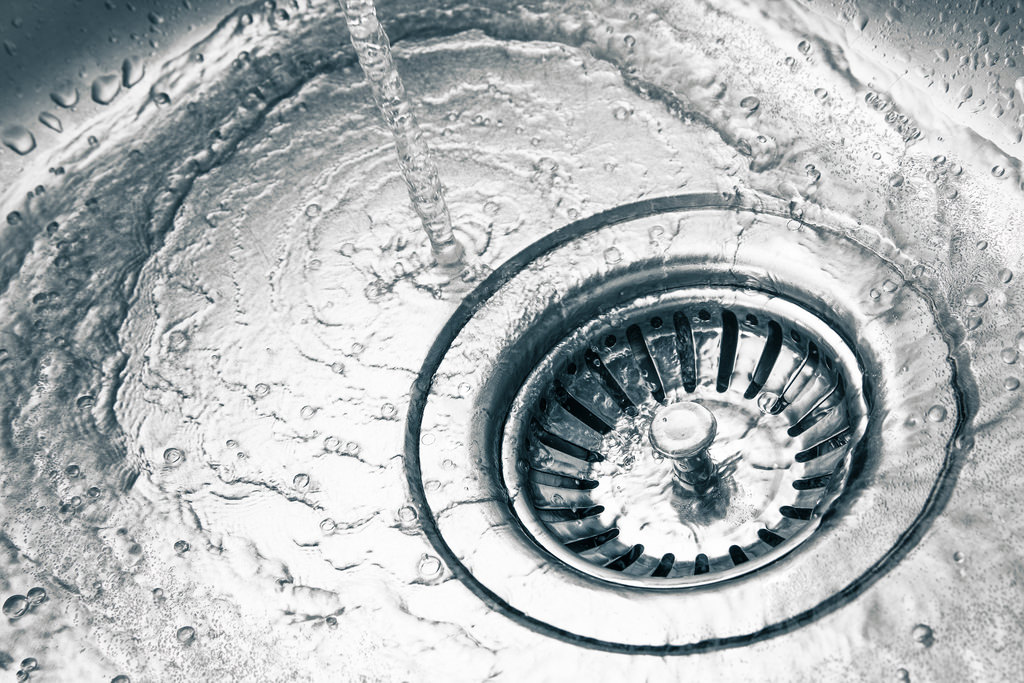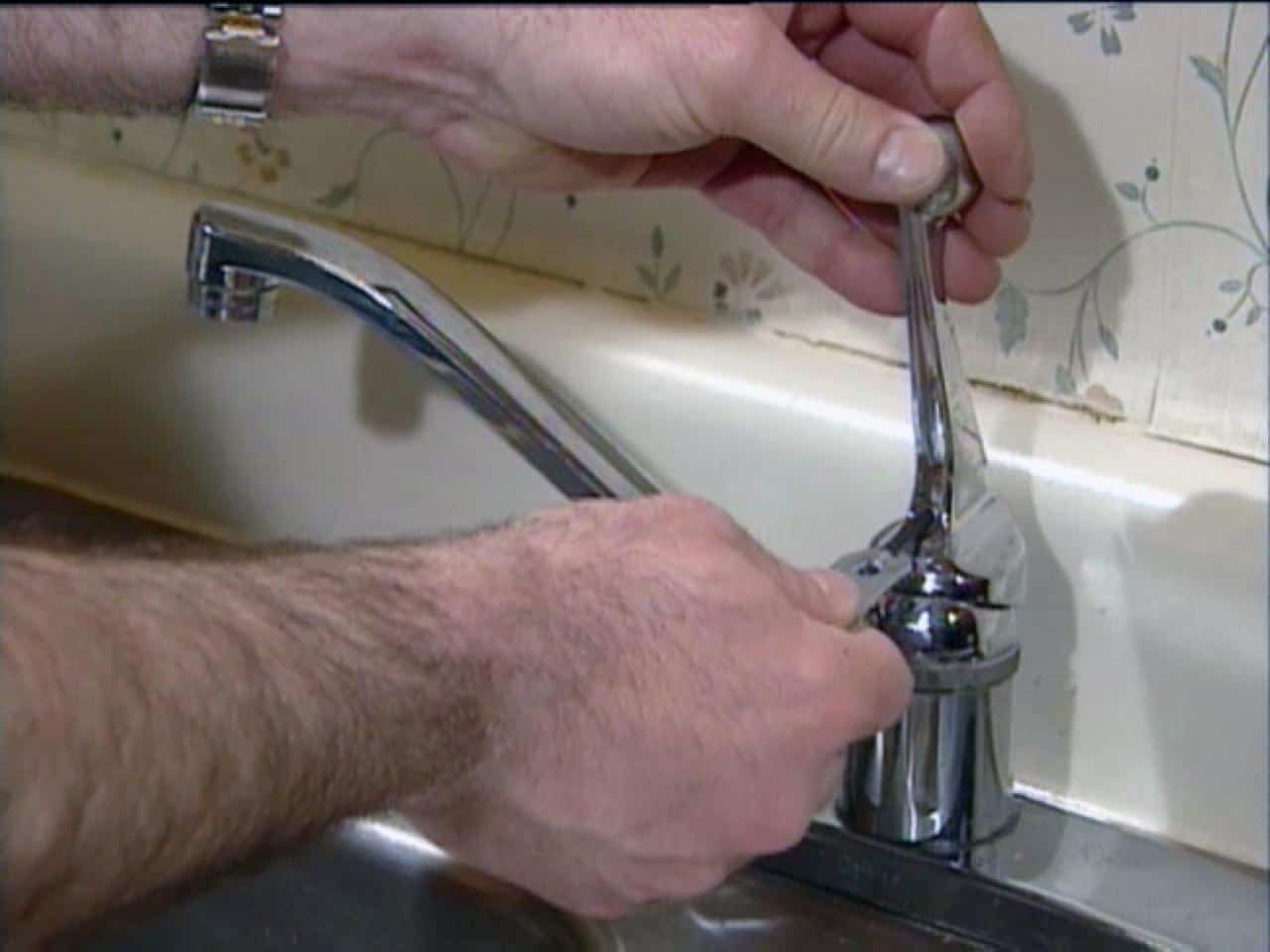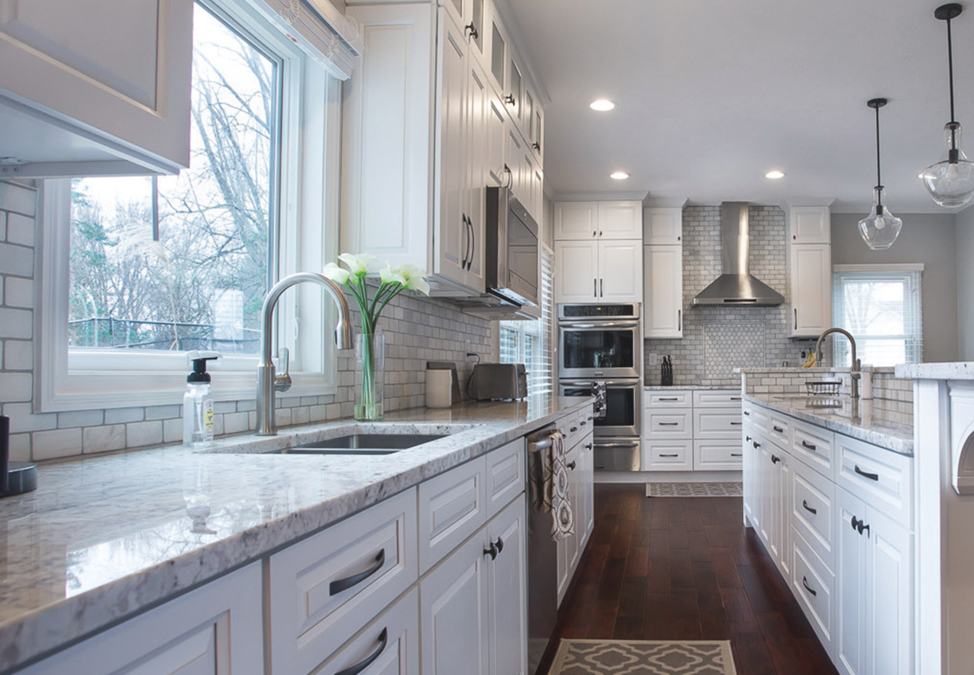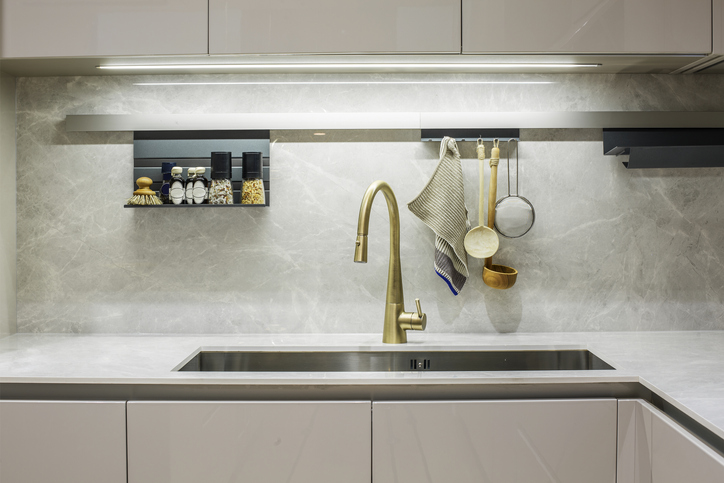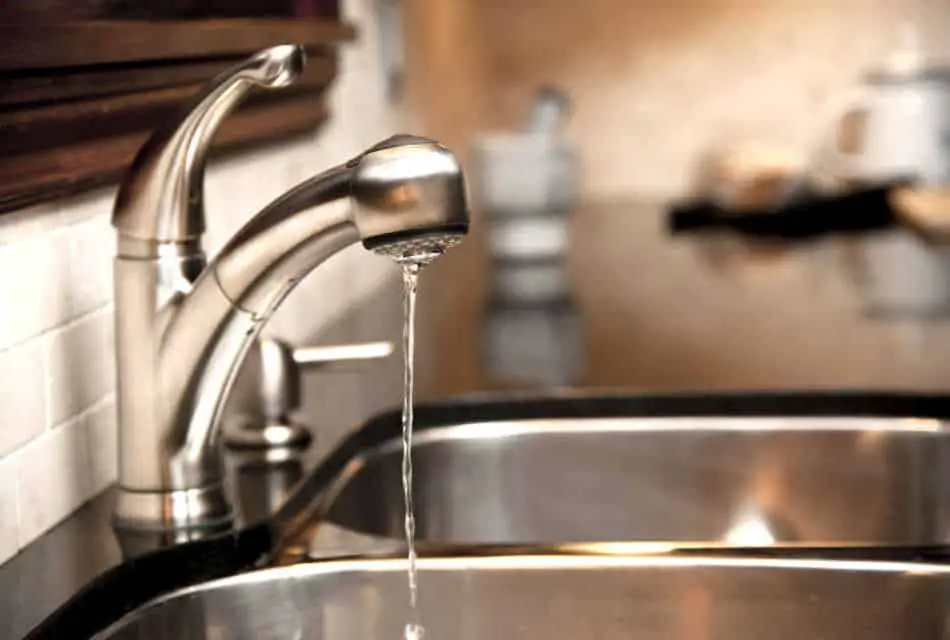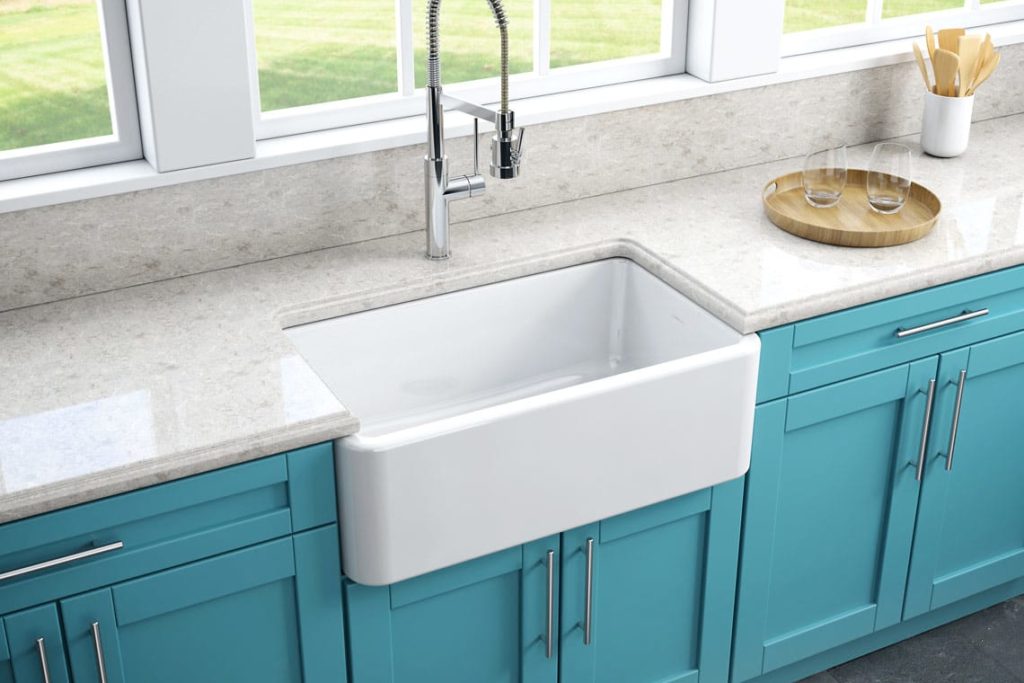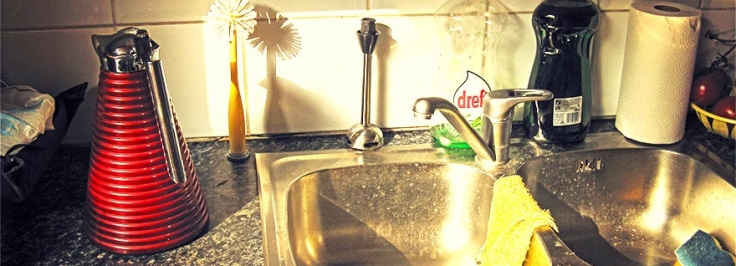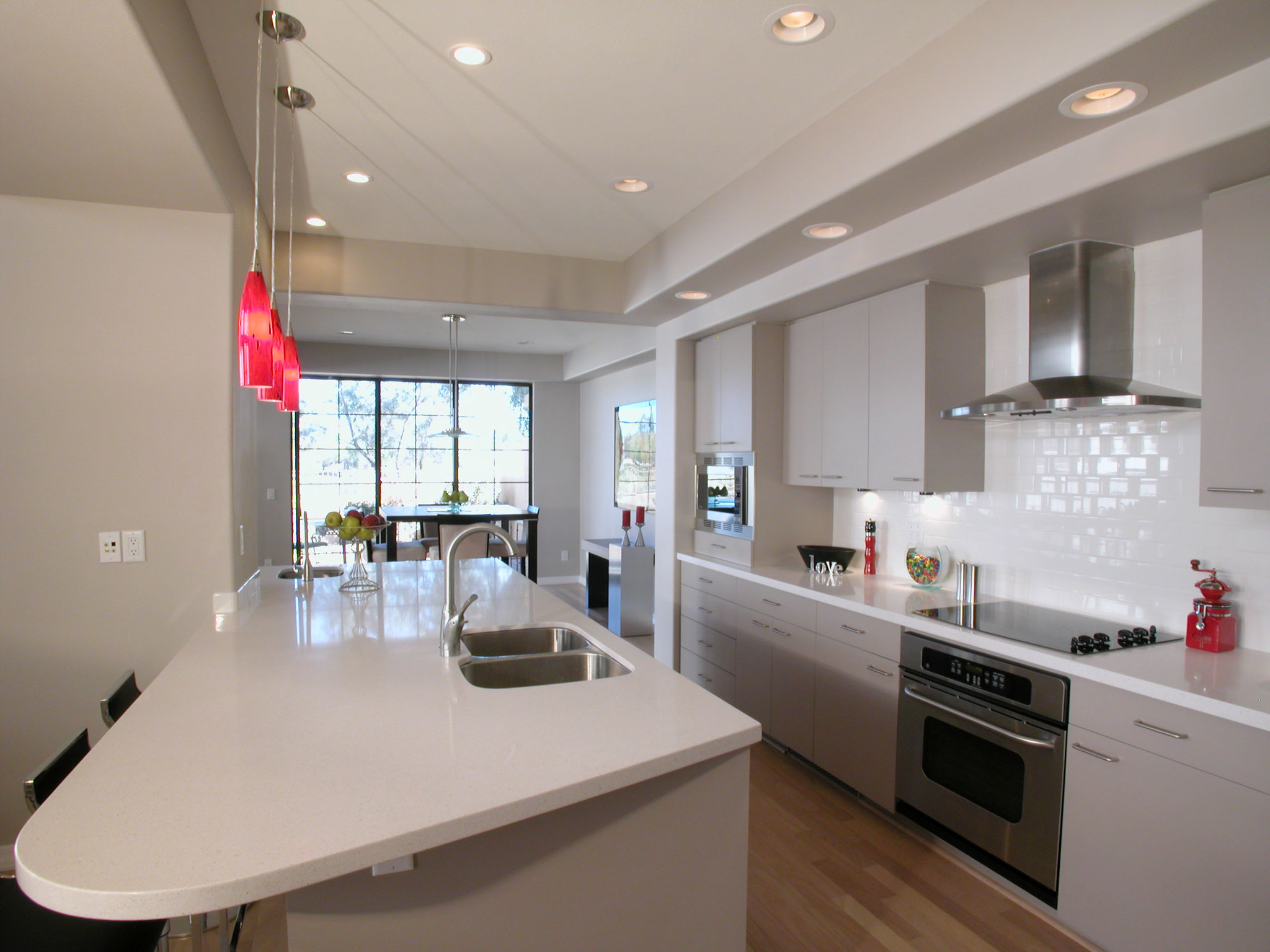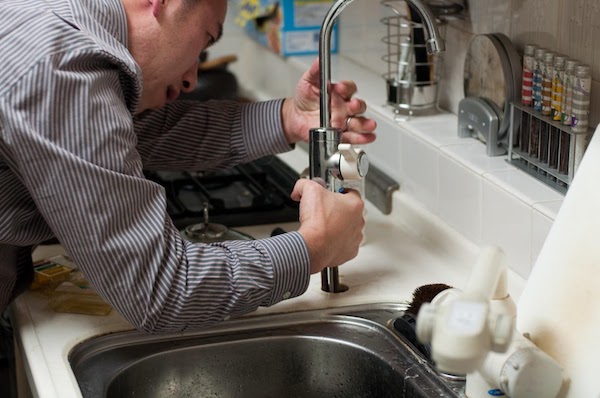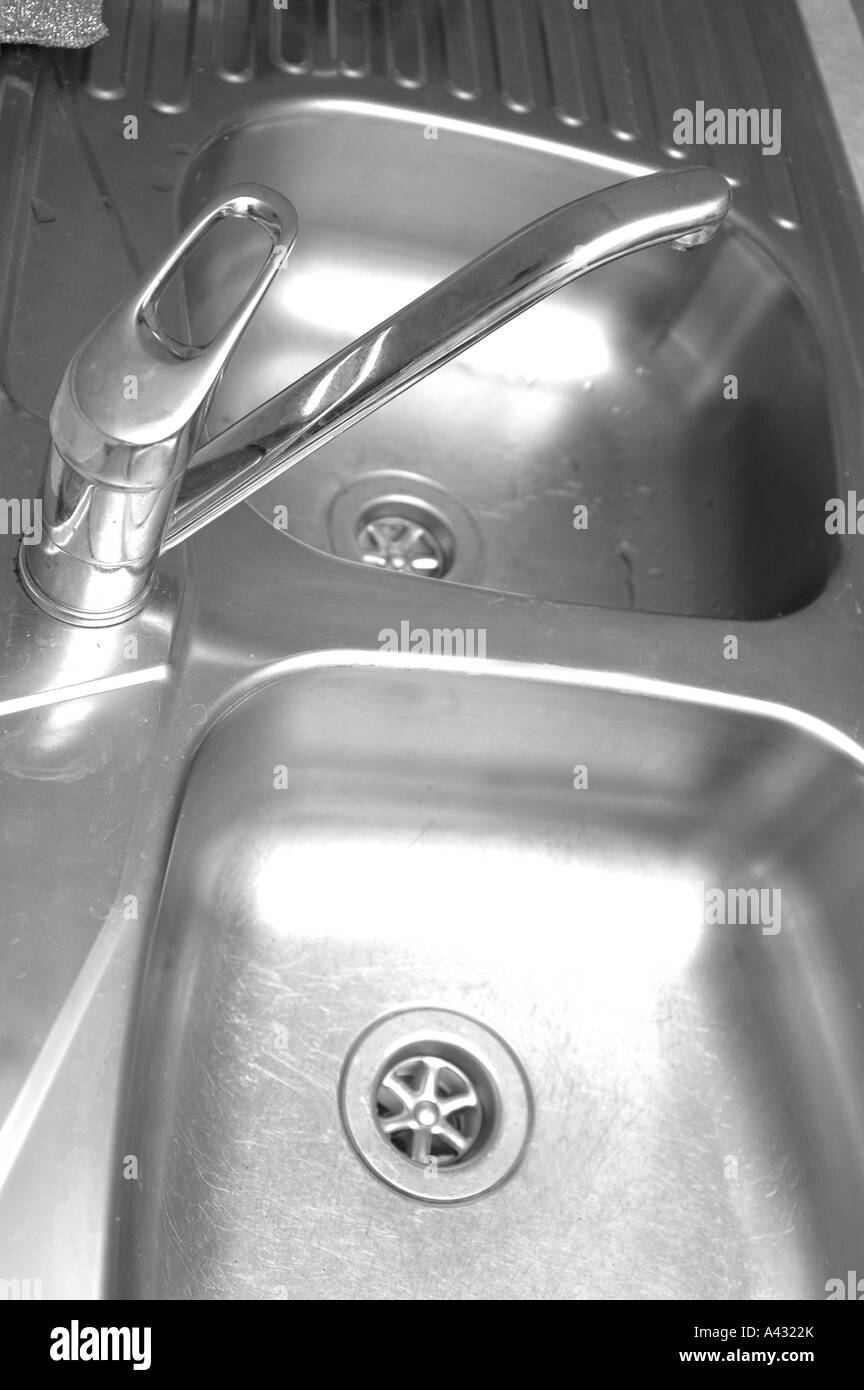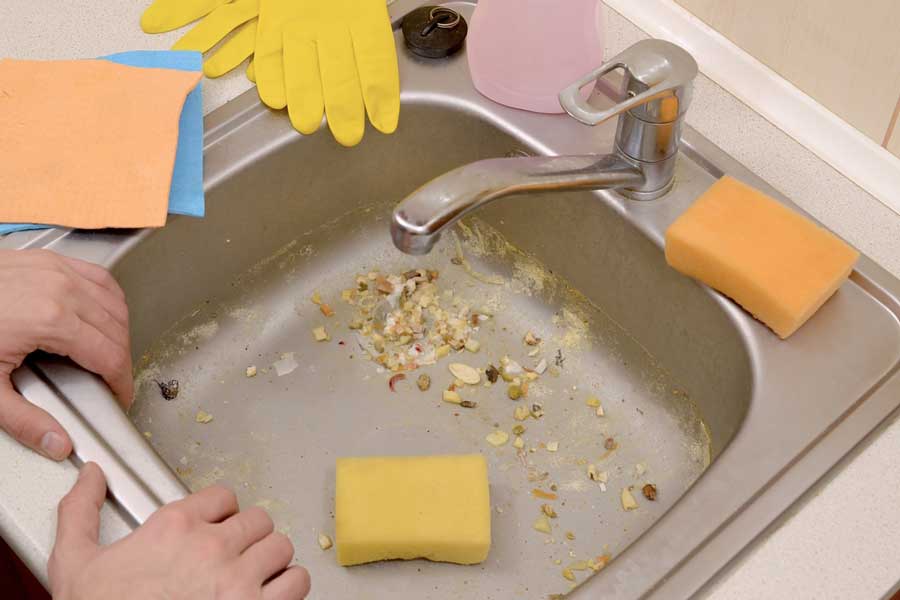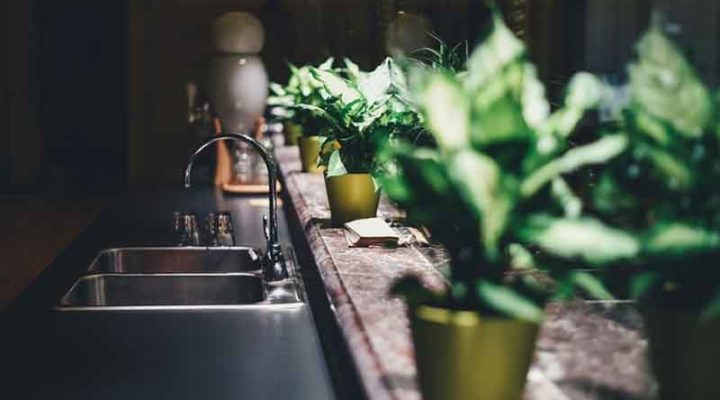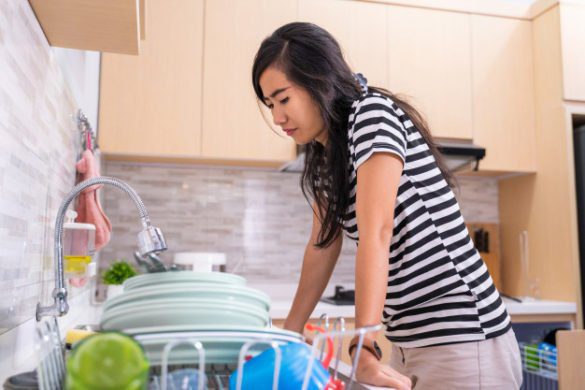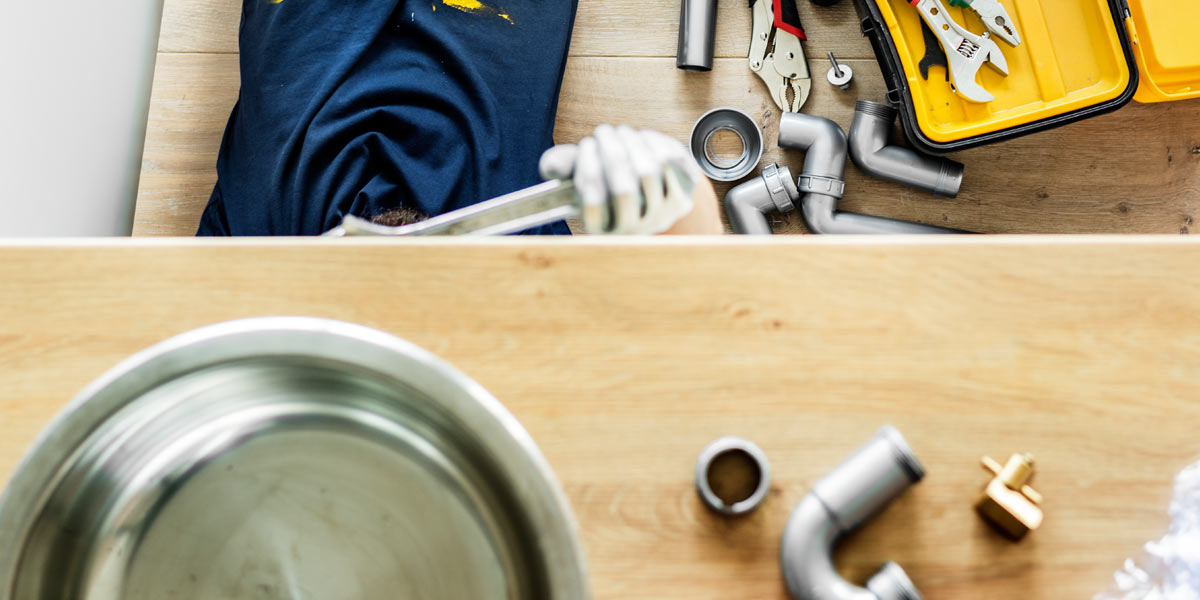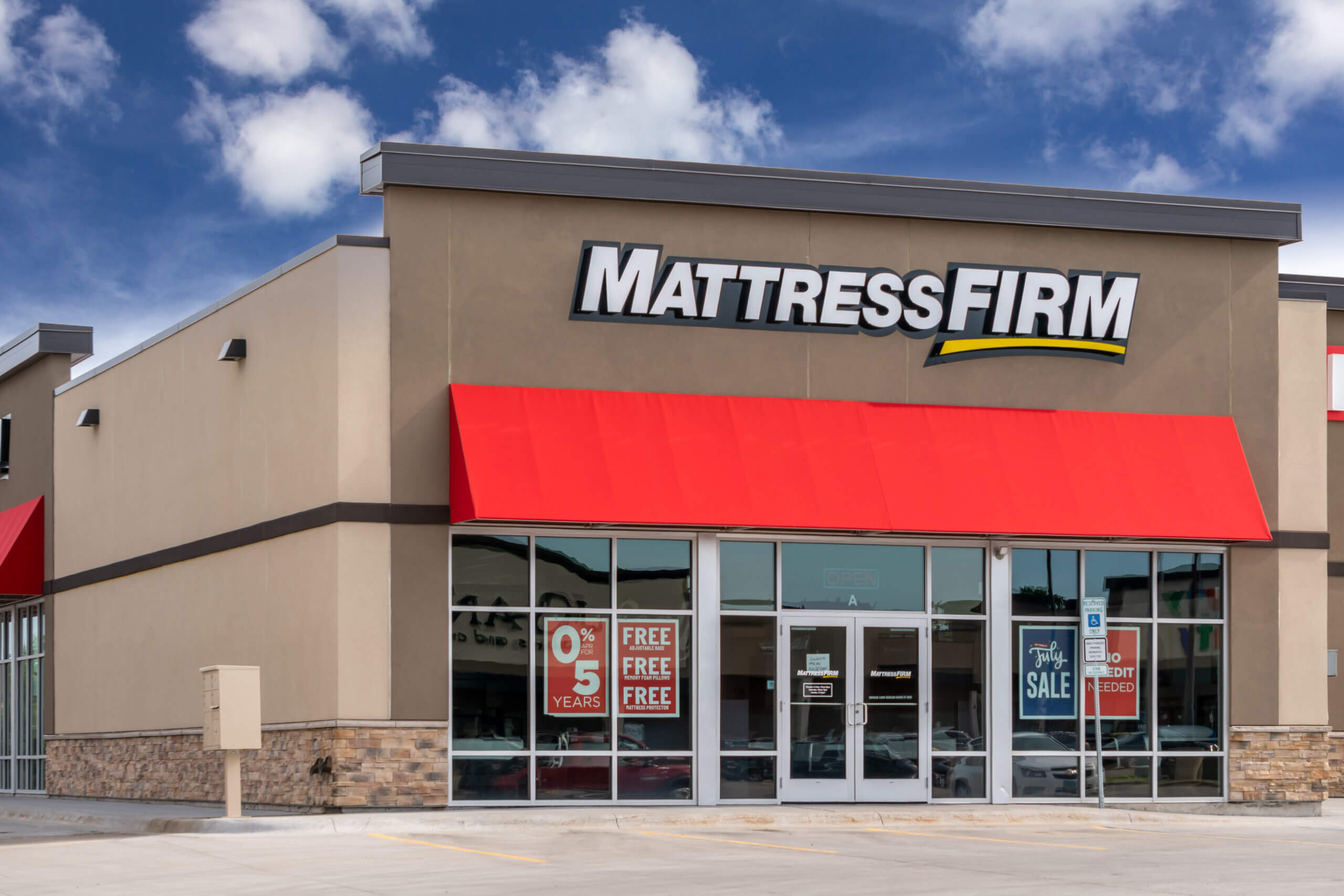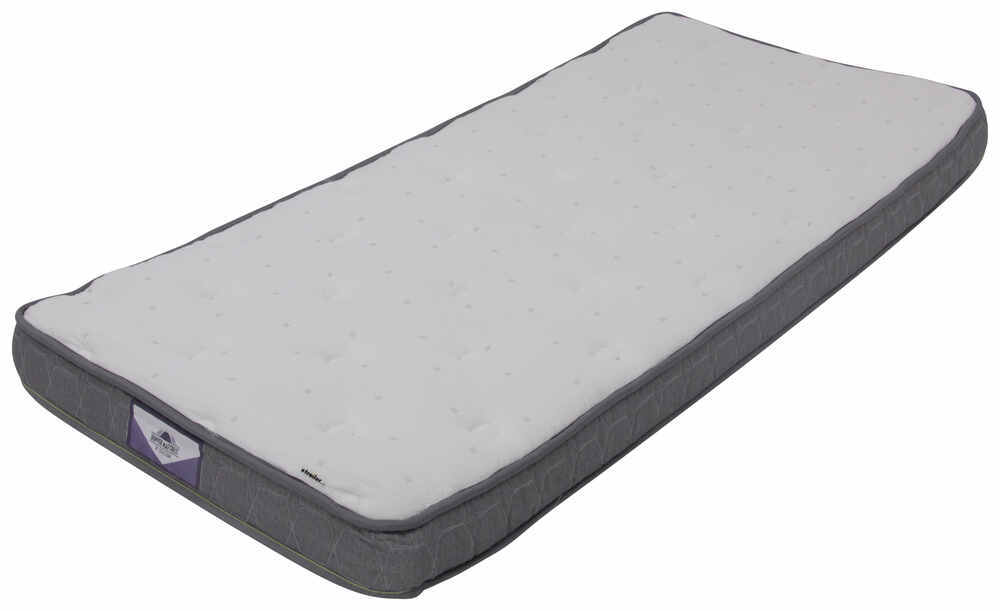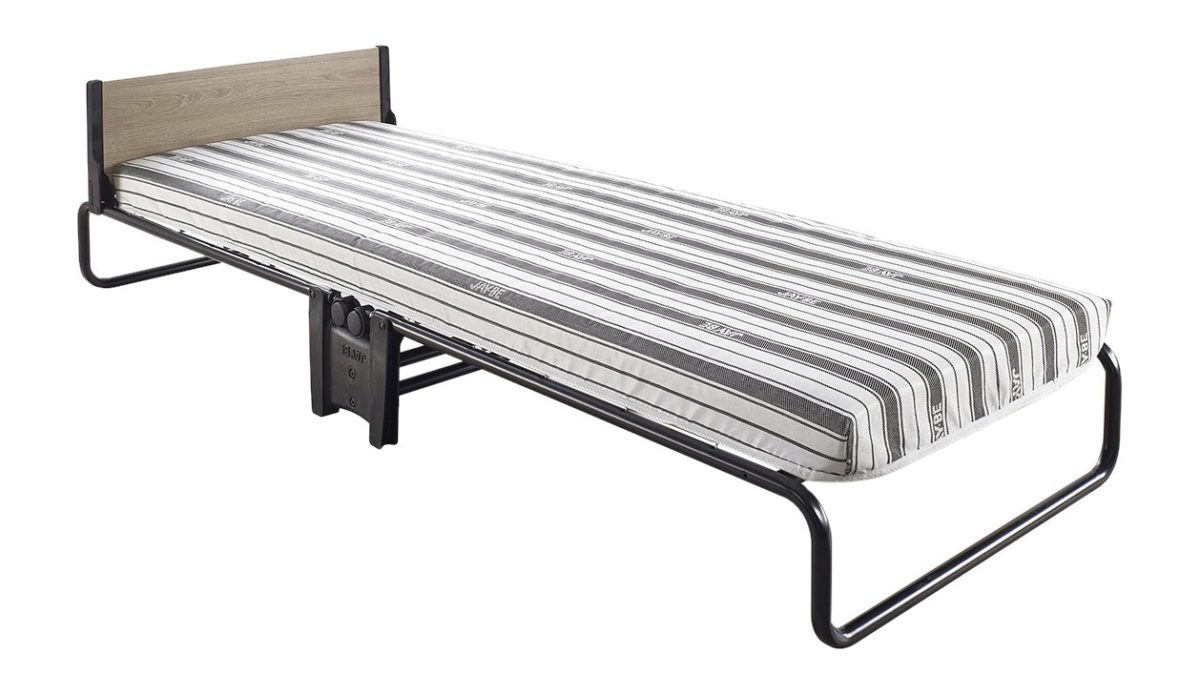If your kitchen sink is draining slowly, it can be a major inconvenience and disrupt your daily routine. Not only can it be frustrating, but it can also lead to foul odors and potential clogs. But what exactly causes a slow kitchen sink and how can you fix it? Here are the top 10 reasons why your kitchen sink may be draining slowly and how to solve the problem.Slow Kitchen Sink: Causes and Solutions
Before we dive into the causes of a slow kitchen sink drain, let’s first discuss how to fix it. The first step is to try using a plunger to clear any potential clogs. If that doesn’t work, you can try using a drain snake or a mixture of baking soda and vinegar to break up any debris. If these DIY solutions don’t work, it may be time to call a professional plumber.How to Fix a Slow Kitchen Sink Drain
Clogged Drain – The most common culprit for a slow kitchen sink drain is a clog. Whether it’s caused by grease, food particles, or other debris, a clogged drain can significantly slow down the draining process. Regularly cleaning your drain and using a drain strainer can help prevent clogs from occurring. Blocked Vent Pipe – A blocked vent pipe can also lead to a slow draining sink. The vent pipe allows air to enter the plumbing system, which helps with proper drainage. If it becomes blocked, it can cause a vacuum and slow down the draining process. A professional plumber can easily unclog the vent pipe for you. Faulty Garbage Disposal – If you have a garbage disposal in your kitchen sink, it could be the reason for the slow drain. If the blades are dull or there is a buildup of food particles, it can impede the flow of water. Regularly cleaning and maintaining your garbage disposal can help prevent this issue. Grease Buildup – Pouring grease down your kitchen sink may seem convenient, but it can lead to a major clog. Over time, the grease can solidify and block the drain. Instead, dispose of grease in a separate container and throw it away in the trash. Old Pipes – If your kitchen sink is draining slowly and you have an older home, it could be due to corroded or damaged pipes. Over time, pipes can deteriorate and create blockages, hindering the flow of water. If this is the case, it’s best to call a professional plumber to replace the old pipes.5 Common Causes of a Slow Kitchen Sink Drain
In addition to the common causes listed above, there could be other reasons why your kitchen sink is draining slowly. It could be due to a low water pressure, a malfunctioning garbage disposal, or even a problem with the main sewer line. If you have tried all the DIY solutions and your sink is still draining slowly, it’s best to call a plumber to diagnose and fix the problem.Why is My Kitchen Sink Draining Slowly?
If you do have a clogged kitchen sink, there are a few methods you can try before calling a plumber. First, try using a plunger to loosen and remove the clog. If that doesn’t work, you can try using a drain snake to physically remove the blockage. Another popular DIY solution is a mixture of baking soda and vinegar. Pour the baking soda down the drain, followed by the vinegar. Let it sit for a few minutes before flushing it with hot water.How to Unclog a Slow Kitchen Sink
To avoid dealing with a slow kitchen sink drain in the future, here are a few preventative measures you can take:Tips for Preventing a Slow Kitchen Sink Drain
If your kitchen sink faucet is also running slowly, it could be due to a buildup of mineral deposits. Over time, these deposits can clog the aerator, which is the small screen at the end of the faucet. To fix this, unscrew the aerator and clean it with a mixture of vinegar and water.How to Fix a Slow Kitchen Sink Faucet
In addition to a slow draining sink, there are other common kitchen sink problems that you may encounter. These include leaks, low water pressure, and strange noises. While some issues can be fixed with simple DIY solutions, others may require the expertise of a professional plumber.Common Kitchen Sink Problems and Solutions
If you’re experiencing a slow kitchen sink drain, here are a few steps you can take to troubleshoot the problem:How to Troubleshoot a Slow Kitchen Sink
As mentioned earlier, there are a few DIY solutions you can try before calling a plumber if your kitchen sink is draining slowly. These include using a plunger, a drain snake, or a mixture of baking soda and vinegar. However, if these methods don’t work, it’s best to leave it to the professionals to avoid causing further damage. In conclusion, a slow draining kitchen sink can be a common and frustrating issue. However, by knowing the causes and solutions, you can easily fix the problem and prevent it from happening in the future. Remember to regularly clean your drain and garbage disposal, dispose of grease properly, and call a plumber if DIY solutions don’t work. With these tips, your kitchen sink will be draining smoothly in no time.DIY Solutions for a Slow Kitchen Sink Drain
How to Fix a Slow-Draining Kitchen Sink
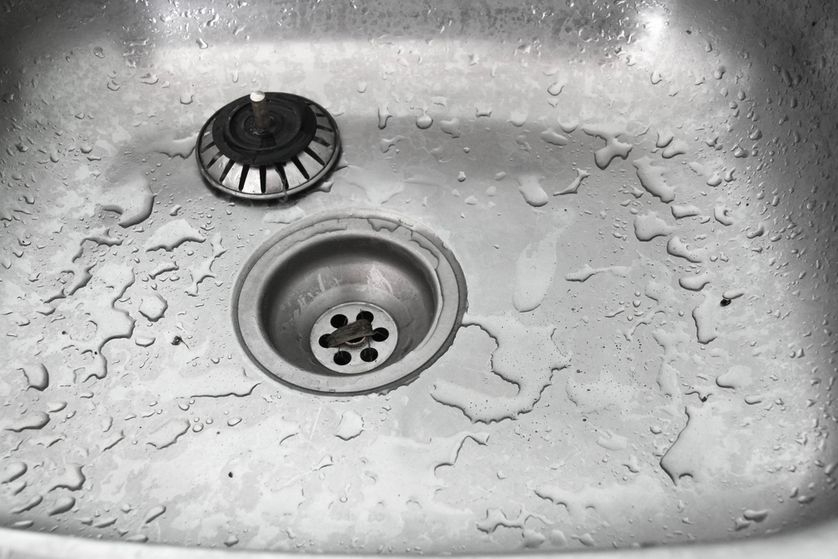
Common Causes of a Slow-Draining Kitchen Sink
 If you've noticed your kitchen sink is taking longer than usual to drain, you're not alone. This is a common problem that many homeowners face. There are several reasons why your sink may be draining slowly, including:
1. Clogged Drain
- Over time, debris such as food particles, grease, and soap scum can build up in your kitchen sink drain, causing it to clog. This blockage restricts the flow of water, resulting in a slow-draining sink.
2. Faulty Pipes
- Old or damaged pipes can also contribute to a slow-draining sink. Over time, pipes can become corroded or develop cracks, causing them to narrow and restrict water flow.
3. Improper Garbage Disposal Usage
- Many homeowners use their garbage disposals as a catch-all for food scraps, which can lead to clogs and slow drainage. It's important to only dispose of small, soft food scraps in the garbage disposal and avoid putting items such as grease, eggshells, and fibrous foods down the drain.
If you've noticed your kitchen sink is taking longer than usual to drain, you're not alone. This is a common problem that many homeowners face. There are several reasons why your sink may be draining slowly, including:
1. Clogged Drain
- Over time, debris such as food particles, grease, and soap scum can build up in your kitchen sink drain, causing it to clog. This blockage restricts the flow of water, resulting in a slow-draining sink.
2. Faulty Pipes
- Old or damaged pipes can also contribute to a slow-draining sink. Over time, pipes can become corroded or develop cracks, causing them to narrow and restrict water flow.
3. Improper Garbage Disposal Usage
- Many homeowners use their garbage disposals as a catch-all for food scraps, which can lead to clogs and slow drainage. It's important to only dispose of small, soft food scraps in the garbage disposal and avoid putting items such as grease, eggshells, and fibrous foods down the drain.
Steps to Fix a Slow-Draining Kitchen Sink
:max_bytes(150000):strip_icc()/how-to-unclog-a-kitchen-sink-2718799_sketch_FINAL-8c5caa805a69493ab22dfb537c72a1b7.png) Now that you understand some of the common causes of a slow-draining kitchen sink, it's time to learn how to fix it. Follow these steps to get your sink draining properly again:
1. Remove Debris from the Drain
- Start by using a plunger to remove any debris or blockages from the drain. If that doesn't work, try using a drain snake to break up and remove any clogs.
2. Check the Pipes
- If the drain is still slow, it's possible that there is a blockage in the pipes. Use a plumbing snake to clear out any obstructions or call a professional for assistance.
3. Clean the Garbage Disposal
- If your sink has a garbage disposal, it's important to clean it regularly to prevent clogs. Use a mixture of hot water, baking soda, and vinegar to clean the disposal and remove any buildup.
Now that you understand some of the common causes of a slow-draining kitchen sink, it's time to learn how to fix it. Follow these steps to get your sink draining properly again:
1. Remove Debris from the Drain
- Start by using a plunger to remove any debris or blockages from the drain. If that doesn't work, try using a drain snake to break up and remove any clogs.
2. Check the Pipes
- If the drain is still slow, it's possible that there is a blockage in the pipes. Use a plumbing snake to clear out any obstructions or call a professional for assistance.
3. Clean the Garbage Disposal
- If your sink has a garbage disposal, it's important to clean it regularly to prevent clogs. Use a mixture of hot water, baking soda, and vinegar to clean the disposal and remove any buildup.















:max_bytes(150000):strip_icc()/Five-Ways-to-Fix-a-Slow-Sink-Drain-05-a5fceccbd5a64b1b8730ee1e24b81b4f.jpg)

:max_bytes(150000):strip_icc()/Five-Ways-to-Fix-a-Slow-Sink-Drain-04-a74c2894c53740158cd94024350b879c.jpg)



